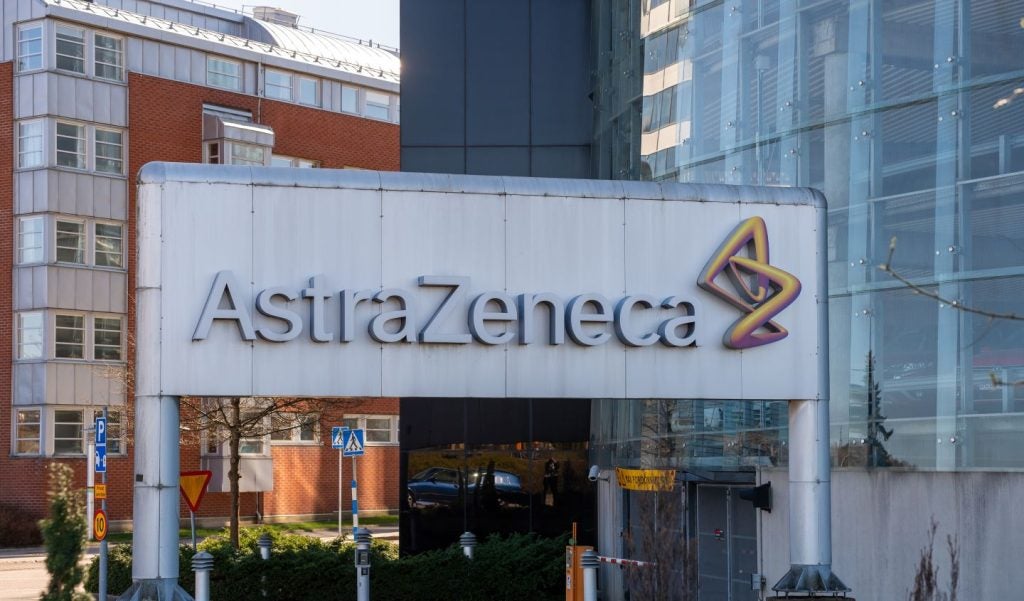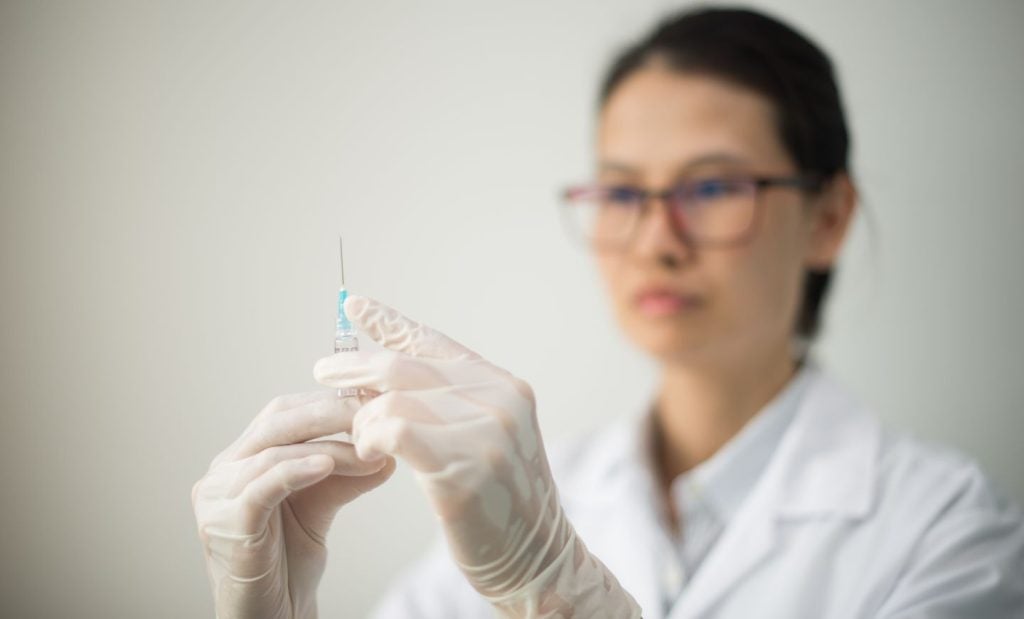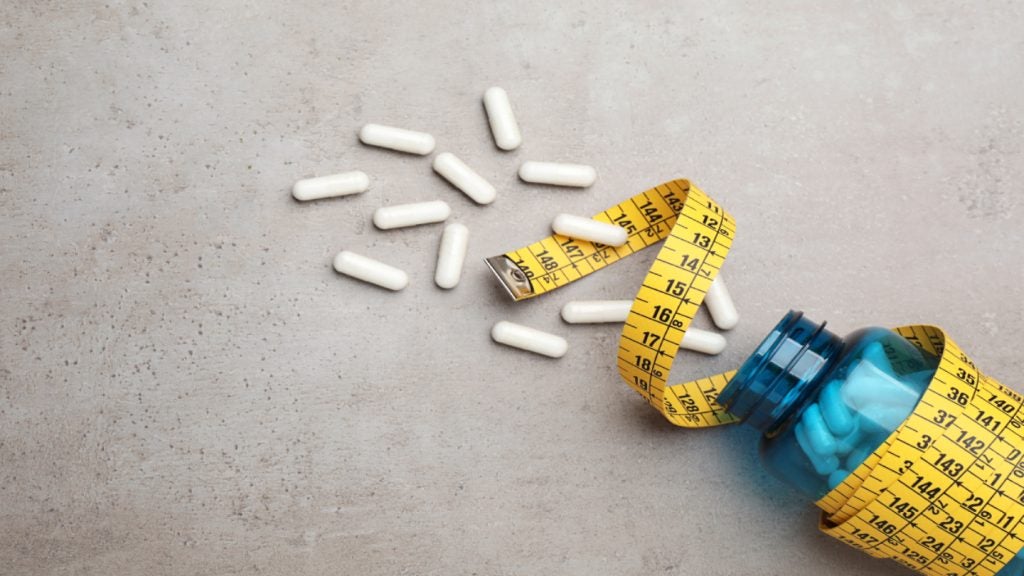Belgium-based Bioxodes has enrolled the first patient in its Phase IIa study investigating a pipeline candidate Ir-CPI for intracerebral haemorrhage.
Speaking exclusively to Clinical Trials Arena, clinical project manager Charlotte Corbisier said that the Phase IIa trial (NCT05970224) will be an open-label and randomised study. Bioxodes plans to enrol 32 patients in a 3:1 ratio comparing Ir-CPI to the standard of care (SOC). The trial will enrol patients from ten sites across Belgium.
The biopharma company will dose eight patients at a time to ensure tolerability and safety, as evaluated by an independent data committee.
The trial will evaluate the safety, pharmacokinetics (PK) and pharmacodynamics (PD) of Ir-CPI with secondary endpoints measuring efficacy. The candidate will be evaluated by MRI and CT scans at baseline with further CT scans on days three, five and ten, and an MRI on day seven.
This is the first time the candidate is being evaluated in the patient population as the Phase I trial was a dose tolerability study in healthy patients.
Current SOC for intracerebral haemorrhage is a scan and surgical intervention if required or anticoagulation treatment after 72 hours. Meanwhile, intravenous (IV) Ir-CPI can be administered within the first 72 hours, followed by SOC treatment.
Phase IIb trial plans
The company is already working on plans for its Phase IIb study which will enrol 120 patients globally.
The Phase IIb trial is set to start in 2025. It will be a randomised and double-blind trial testing the candidate against a placebo. IV Ir-CPI will be administered to patients in the first 48 hours after haemorrhage or last known healthy time.
Ir-CPI is a 67 amino acid protein derived from the salivary glands of the tick Ixodes ricinus. The drug candidate is a contact phase inhibitor (CPI) targeting specific factors XIa and XIIa.
Bioxodes said that the candidate targets secondary brain injuries caused by intracerebral haemorrhage by targeting neutrophils which rapidly exacerbate brain injury post-haemorrhage.
The biotech is in talks with both the European Medicines Agency (EMA) and the US Food and Drug Administration (FDA) for applications to receive orphan drug designation should the drug prove to be efficacious in the Phase IIb trial.















